17 Common Airport Behaviors That Get Travelers Flagged Instantly
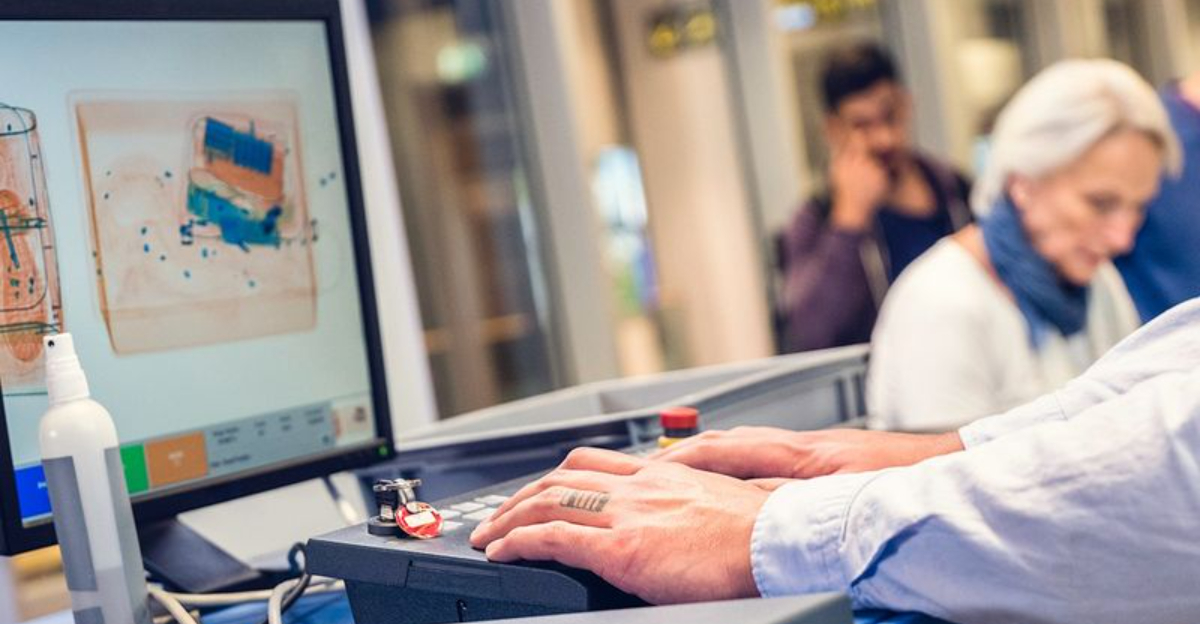
Airports operate on high alert, and even small actions can draw the wrong kind of attention. What feels like casual behavior to you might be viewed very differently by trained security teams.
Whether it’s how you answer a question or what you’re carrying, certain habits can instantly raise suspicion. Knowing what to avoid doesn’t just save you from delays—it helps keep the entire travel process running more smoothly for everyone around you.
1. Arriving Extremely Late For Your Flight
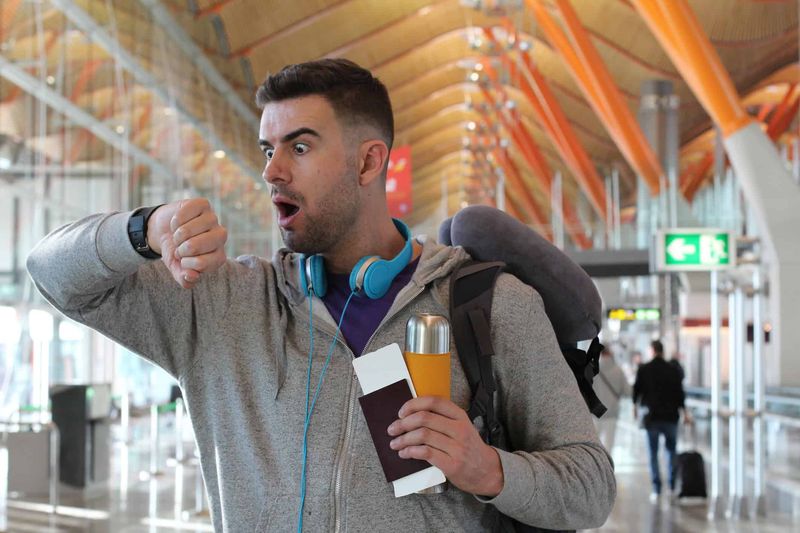
Rushing through security with minutes to spare raises immediate suspicion. Security teams wonder why you’ve cut it so close and whether you’re trying to avoid thorough screening.
Last-minute arrivals don’t give staff adequate time to assess you properly. Plan to arrive at least two hours before domestic flights and three hours for international departures to avoid unwanted attention.
2. Buying A Last-Minute One-Way Ticket
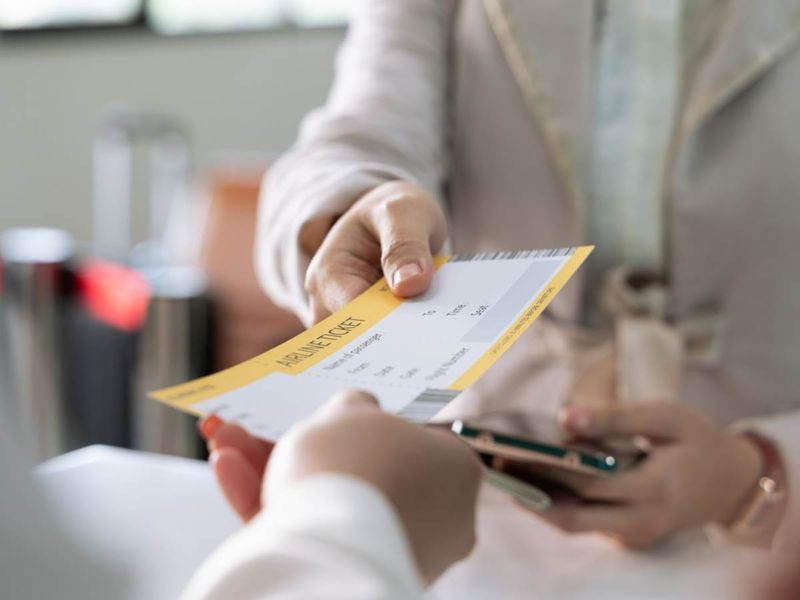
Nothing triggers security algorithms faster than cash purchases for immediate one-way travel. This purchasing pattern mirrors what authorities consider high-risk traveler behavior.
One-way tickets suggest uncertainty about return plans or possible intention to remain at the destination. When possible, book round-trip tickets in advance using traceable payment methods to avoid unnecessary scrutiny.
3. Loitering Without A Clear Purpose
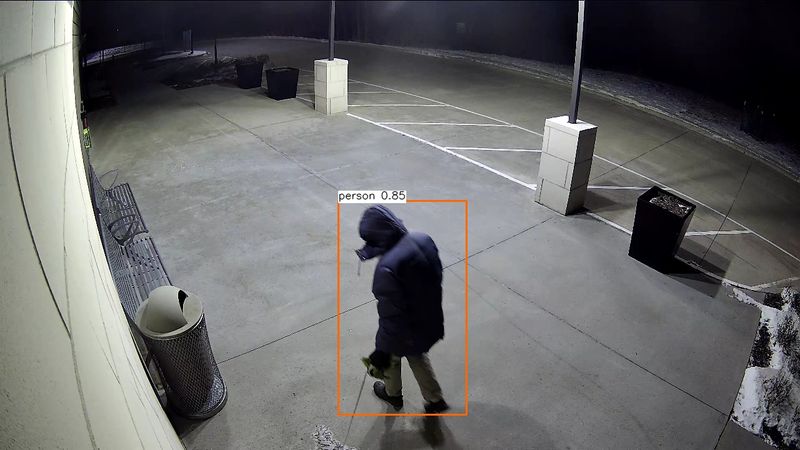
Wandering aimlessly or circling back to the same areas repeatedly puts you on security’s radar immediately. Modern airports employ behavior detection officers specifically trained to spot this pattern.
Loitering near security checkpoints or restricted zones is particularly problematic. Always move with purpose in airports, and if you need to wait, choose designated seating areas away from sensitive locations.
4. Refusing To Answer Basic Security Questions
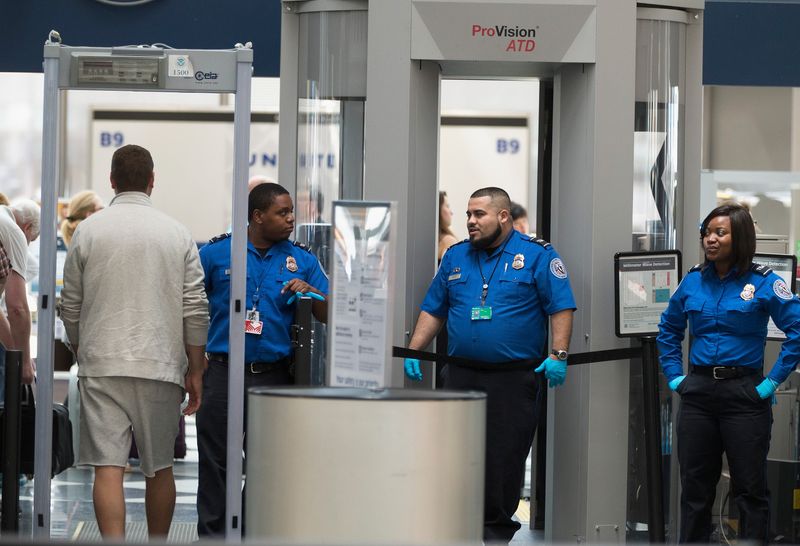
Clamming up when asked simple travel questions sends immediate red flags to border agents. Even hesitation can trigger deeper investigation.
Questions about your trip purpose, accommodation plans, or length of stay are standard procedure. Prepare straightforward answers about your travel plans before reaching customs, and remember that honesty and clarity go a long way in these interactions.
5. Acting Nervous Or Avoiding Eye Contact
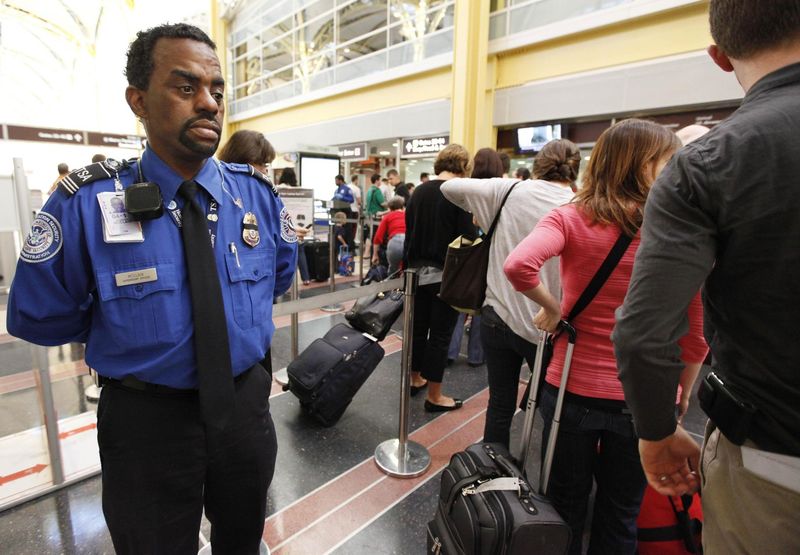
Fidgeting, excessive sweating, or darting eyes catch attention faster than almost any other behavior. Security personnel are extensively trained to spot these anxiety indicators.
Nervous behaviors can suggest you’re hiding something important. While airport stress is normal, try taking deep breaths and maintaining natural eye contact during interactions with staff to avoid triggering unnecessary concern.
6. Carrying Large Amounts Of Cash
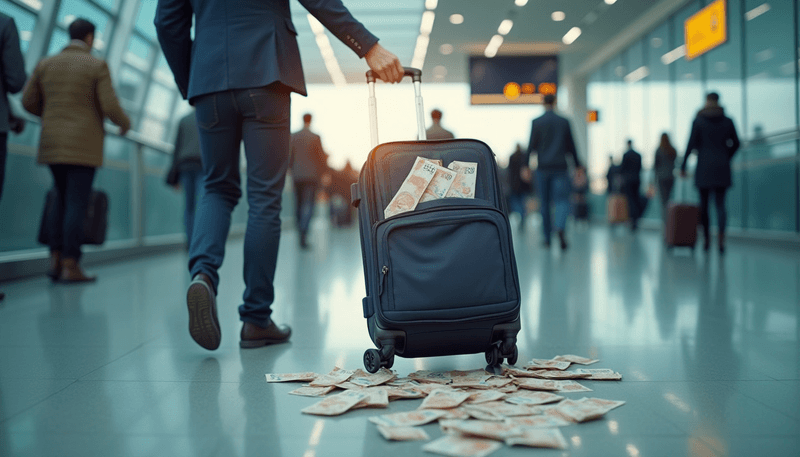
Stacks of bills tucked into carry-ons trigger immediate suspicion in today’s digital banking era. Anything over $10,000 must be declared when traveling internationally, but even smaller amounts can raise eyebrows.
Carrying cash might seem convenient, but it’s associated with illicit activities. If you must travel with significant cash, declare it properly and be prepared to explain its purpose.
7. Wearing Bulky Or Inappropriate Clothing
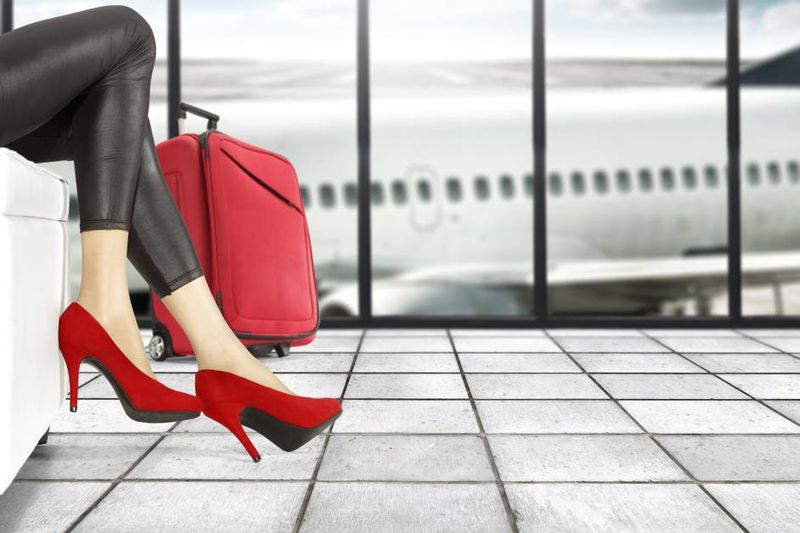
Bundling up in heavy coats during summer or wearing multiple layers regardless of weather conditions triggers immediate security concerns. These clothing choices appear designed to conceal items.
Oversized clothing complicates body scanner effectiveness and may require additional pat-downs. Dress appropriately for the season and opt for simple, comfortable outfits that won’t interfere with security procedures.
8. Taking Photos Or Videos In Restricted Areas
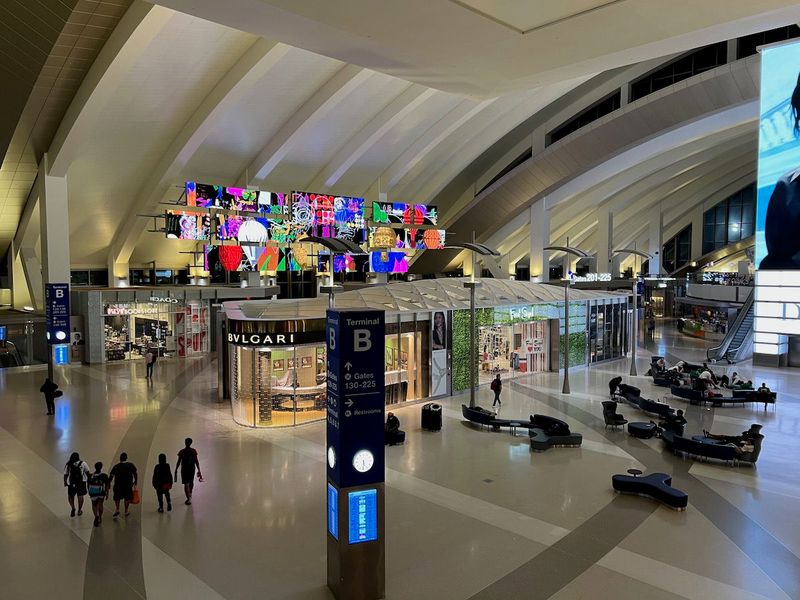
Pointing your camera at security checkpoints or screening equipment will get you approached by officers within seconds. Photography policies exist to protect sensitive security procedures and passenger privacy.
Taking pictures near customs areas is particularly problematic in many countries. Stick to photographing your travel companions or public areas like shopping zones and restaurants to avoid unwanted attention from airport authorities.
9. Making Jokes About Security Or Weapons
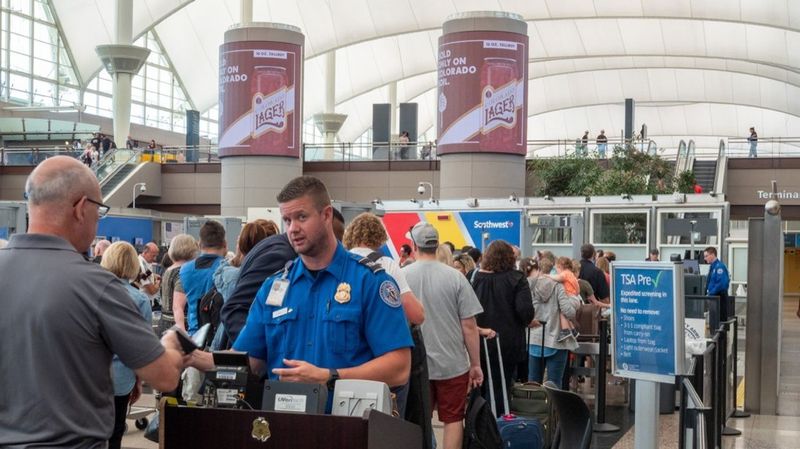
Cracking wise about having explosives while your bag goes through the X-ray is never humorous to security personnel. Such comments are taken as potential threats, not jokes.
Making bomb references can empty entire terminals and result in serious legal consequences. Keep conversations light but appropriate, and save your security-themed humor for after you’ve reached your destination.
10. Avoiding Checked Luggage On Long Trips
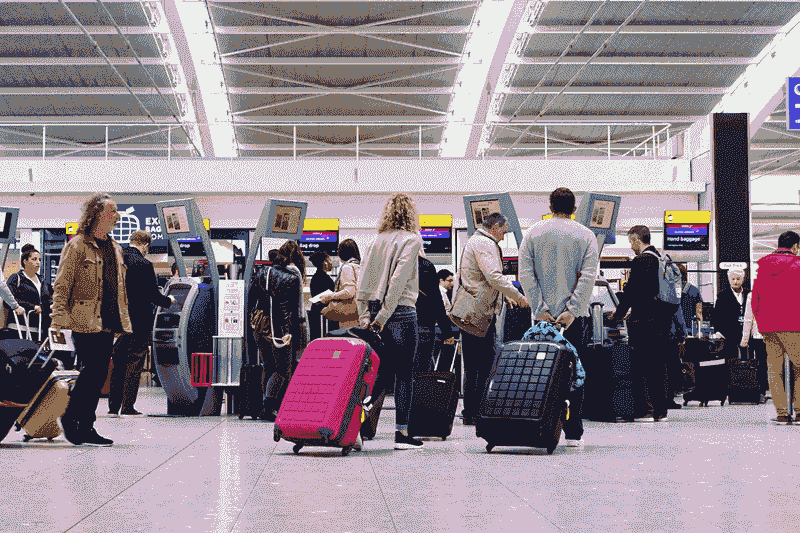
Flying overseas with just a small carry-on raises questions about your true travel intentions. Security experts find this pattern inconsistent with legitimate long-term travel.
Minimal luggage for extended trips suggests you might be planning to purchase everything at your destination or that you’re not staying long. If traveling light is your preference, be prepared to explain your packing strategy if asked.
11. Using Vague Or Contradictory Travel Plans
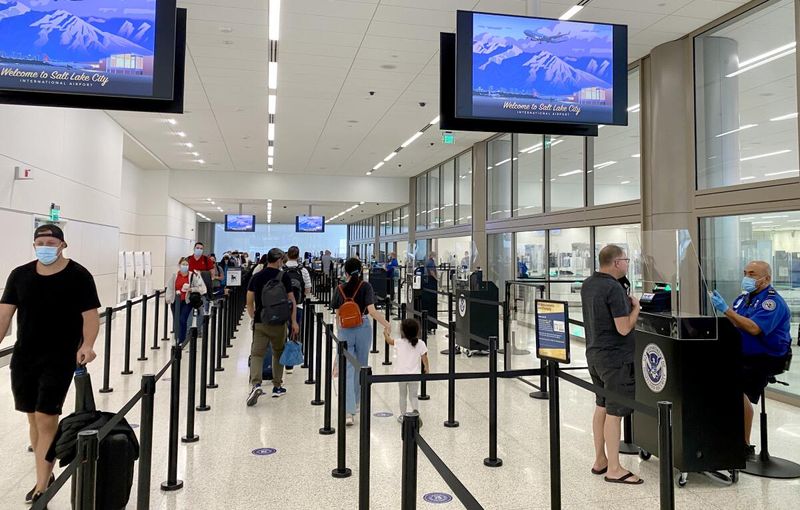
Fumbling when asked about basic itinerary details sends immediate red flags to border agents. Contradicting yourself about where you’re staying or why you’re visiting appears deceptive.
Travel plans that don’t make logical sense trigger deeper questioning. Before traveling, memorize your accommodation addresses, contact information, and have a clear understanding of your visit purpose to avoid unwanted scrutiny.
12. Traveling With Unfamiliar Or Excessive Tech Gear
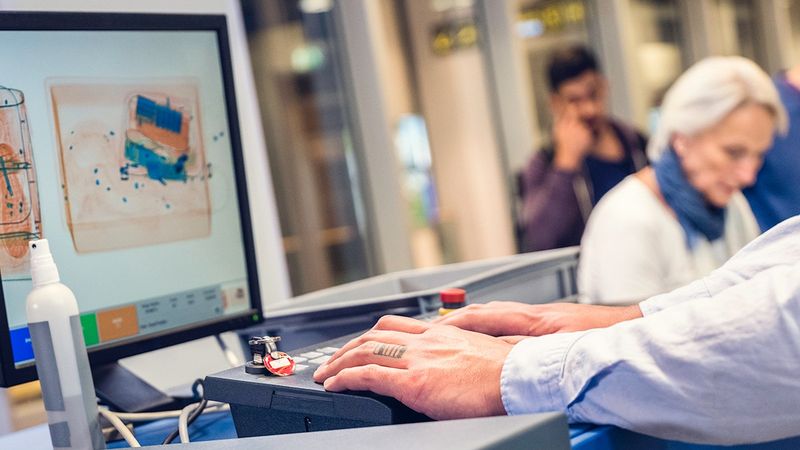
Carrying multiple laptops, unusual electronic devices, or equipment you can’t explain draws immediate attention at checkpoints. Security personnel are trained to question why someone needs numerous similar devices.
Excessive tech gear can resemble smuggling patterns or suggest nefarious purposes. If you must travel with multiple devices or specialized equipment, bring documentation explaining their purpose and be prepared to demonstrate their functions.
13. Trying To Bypass Security Procedures
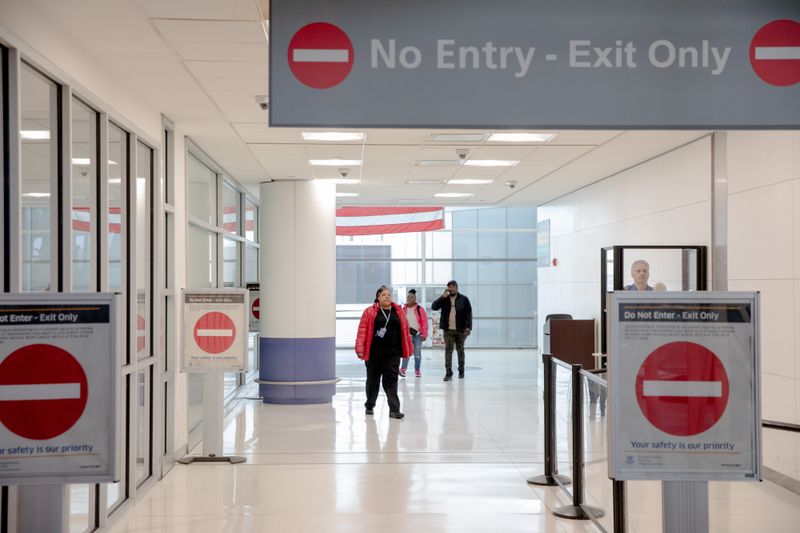
Attempting shortcuts around established security protocols is the fastest way to earn extended screening. Actions like entering through exit lanes or avoiding queue lines trigger immediate response.
Security measures exist for everyone’s protection, not just as bureaucratic hurdles. Follow all posted directions, stay in designated passenger flow areas, and accept that patience is an essential part of air travel.
14. Arguing With Airline Or Security Staff
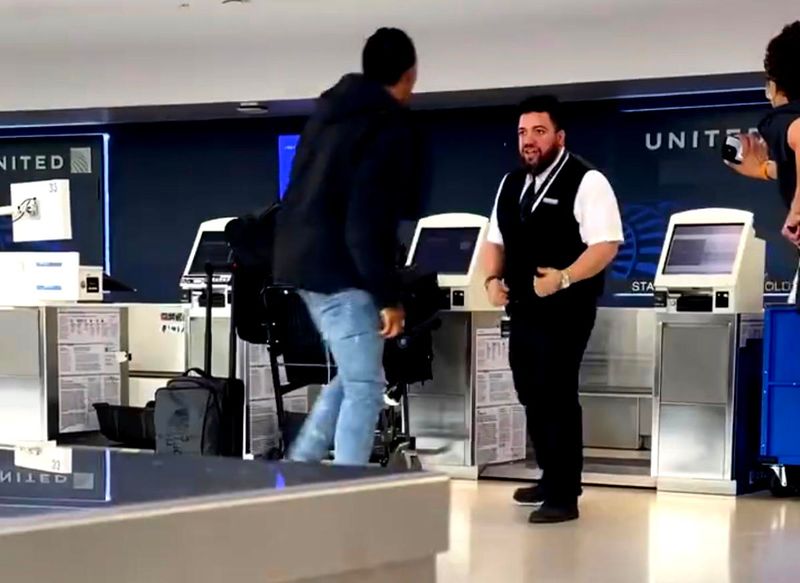
Raising your voice or becoming confrontational with airport personnel guarantees extra scrutiny throughout your journey. Heated exchanges are viewed as potential security threats, not just customer service issues.
Arguments often escalate to security involvement regardless of who’s right. Maintain composure even in frustrating situations, as cooperative behavior is your best strategy for resolving problems quickly.
15. Switching Tickets Or Seats Without Notification
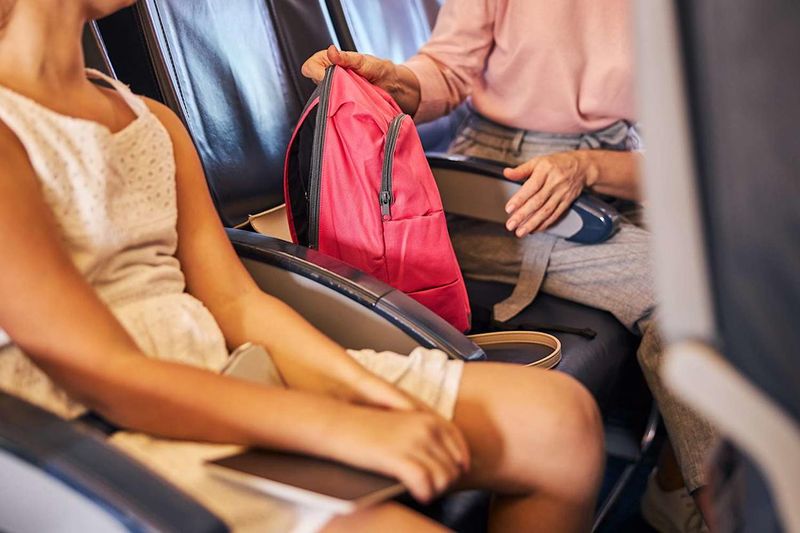
Changing seats without informing flight attendants raises immediate security concerns in today’s aviation environment. Passenger manifests are carefully monitored for safety reasons.
Switching tickets with another traveler is particularly problematic and potentially illegal. Always request seat changes through proper channels and keep your boarding pass for your assigned seat to avoid unwanted attention.
16. Lying About Items In Your Possession
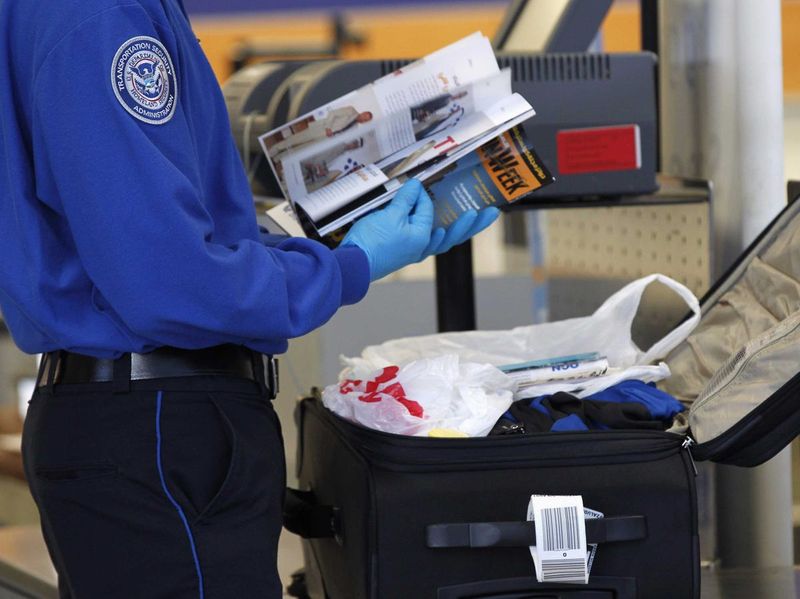
Falsely denying ownership of something found in your luggage creates instant suspicion about what else you might be hiding. Modern scanning equipment makes detection of prohibited items nearly certain.
Lying compounds minor violations into major problems. Honesty about forgotten items typically results in simple confiscation, while deception can lead to questioning, delays, and even legal consequences depending on the item.
17. Being Overly Evasive Or Defensive During Screening
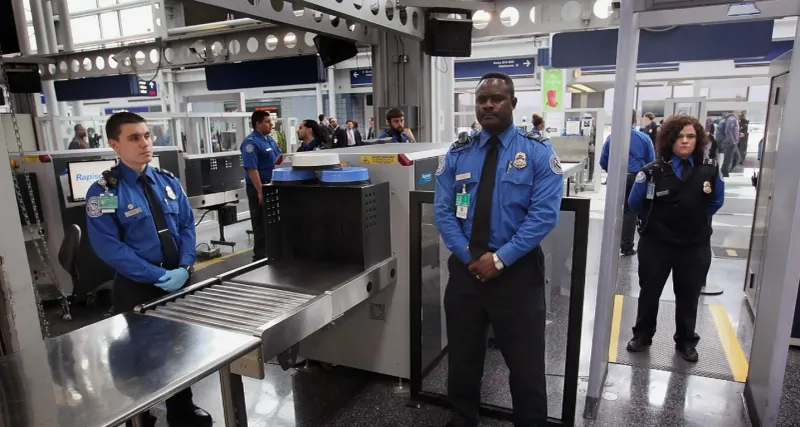
Reacting with excessive alarm to routine screening procedures signals to officers that deeper inspection may be warranted. Defensiveness suggests you have something to hide.
Standard procedures like bag searches or pat-downs are part of normal security protocols. Remain calm, follow instructions promptly, and understand that cooperation speeds up the process for everyone, including yourself.
